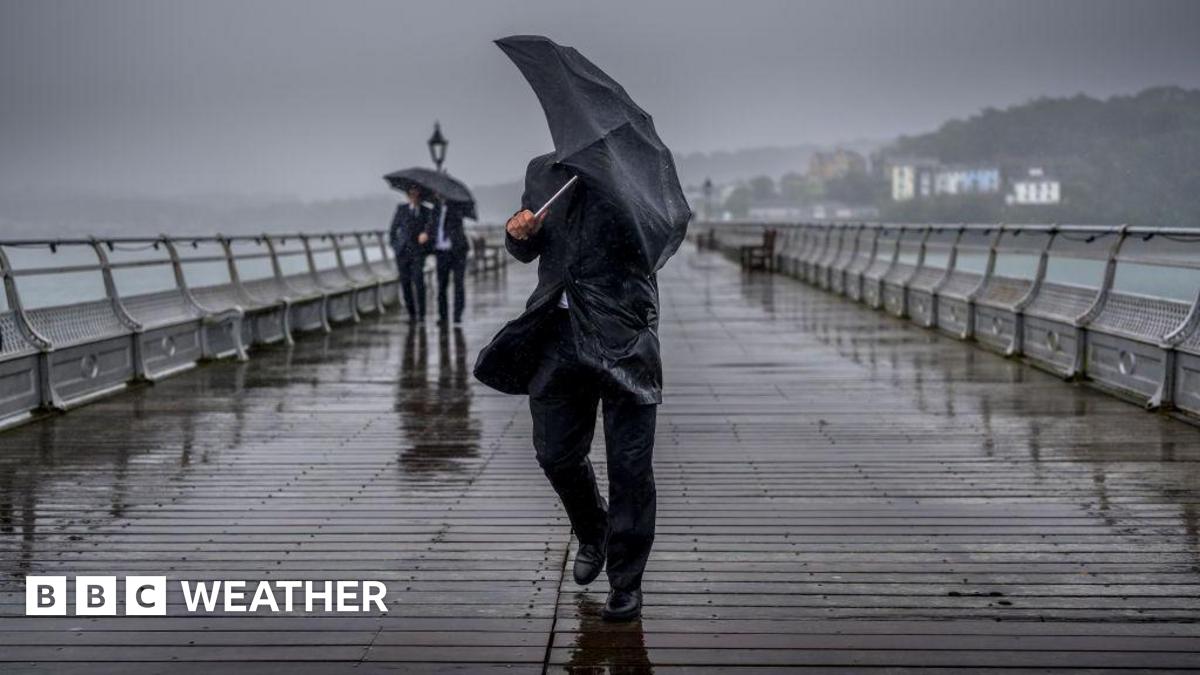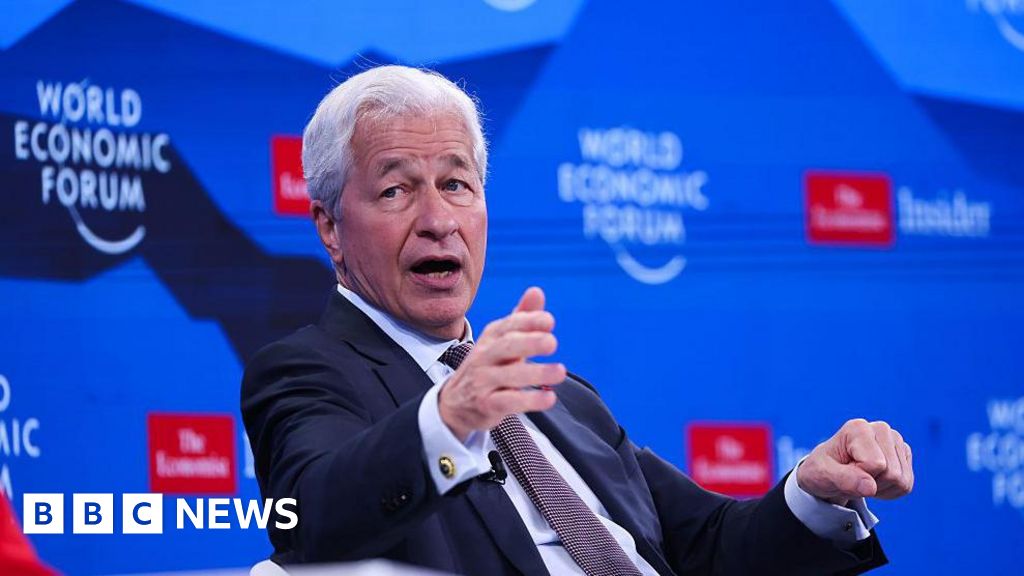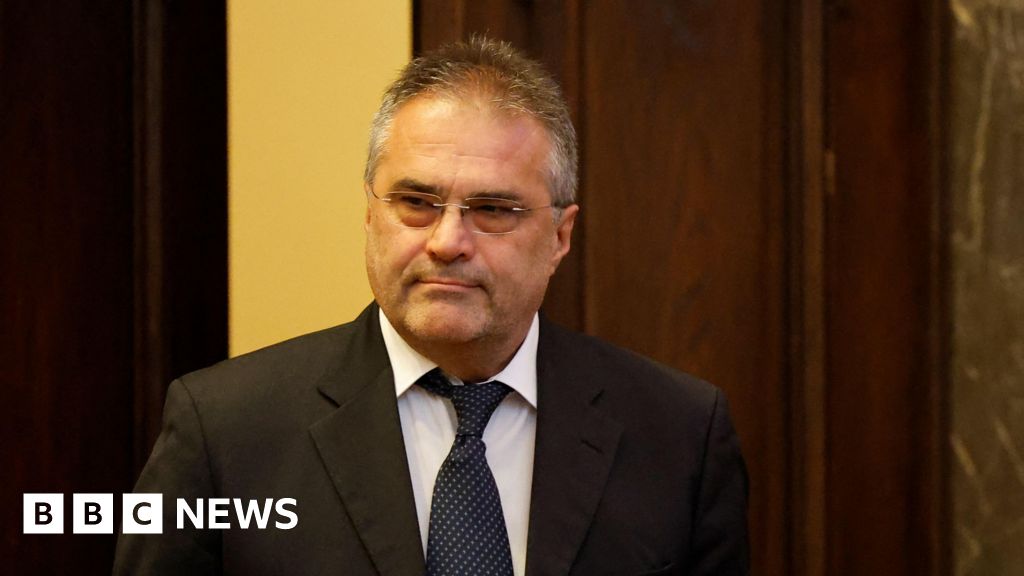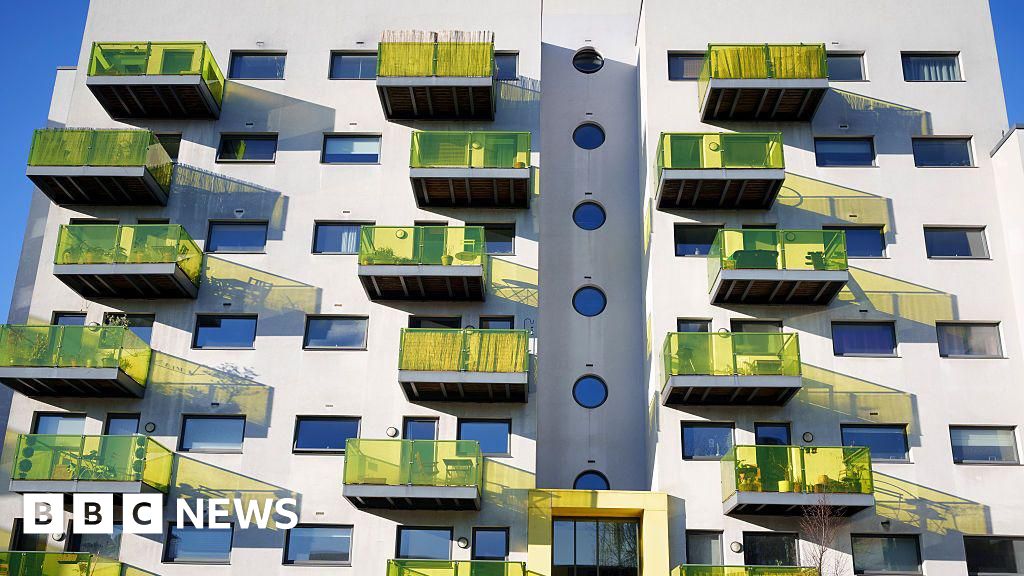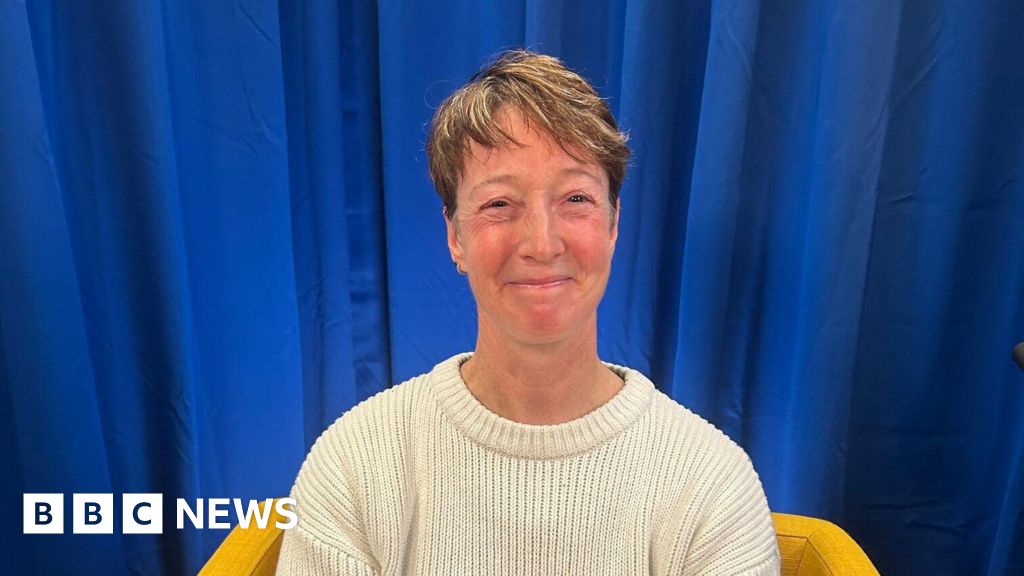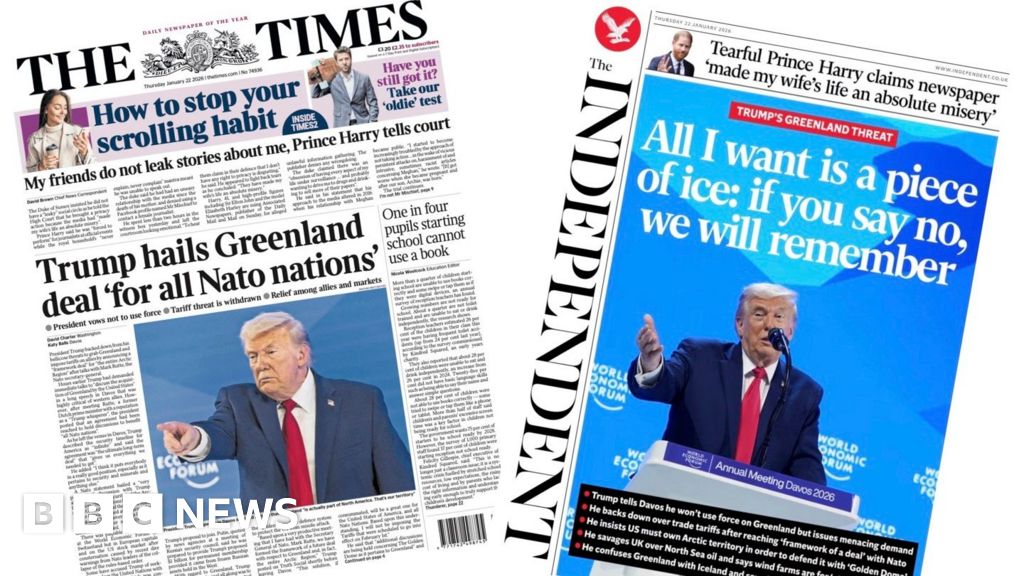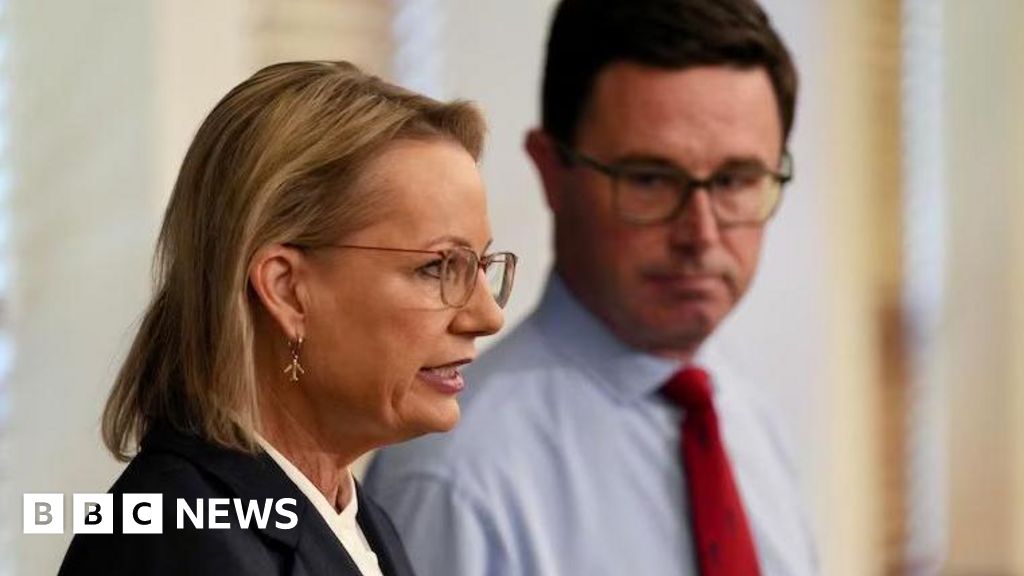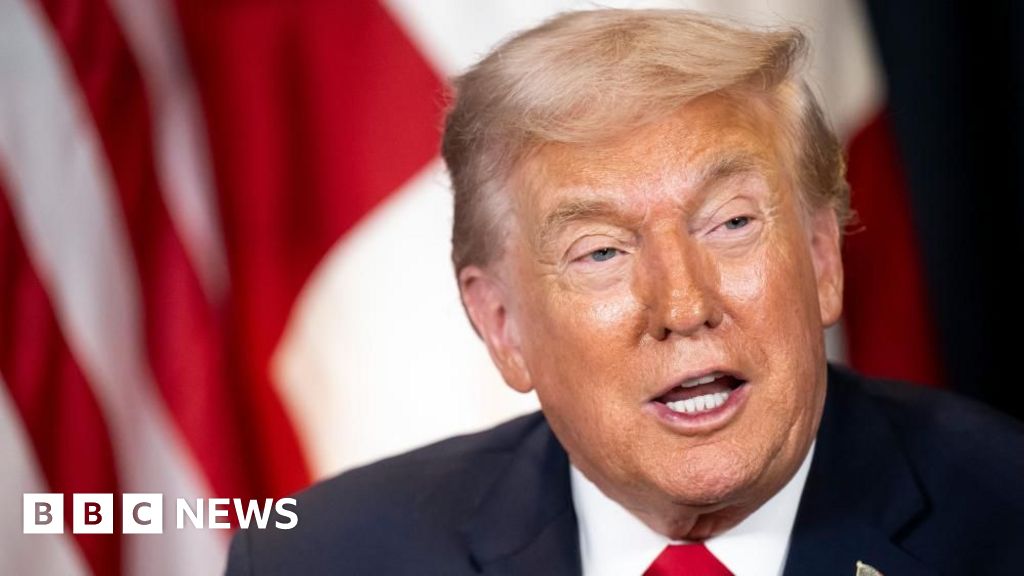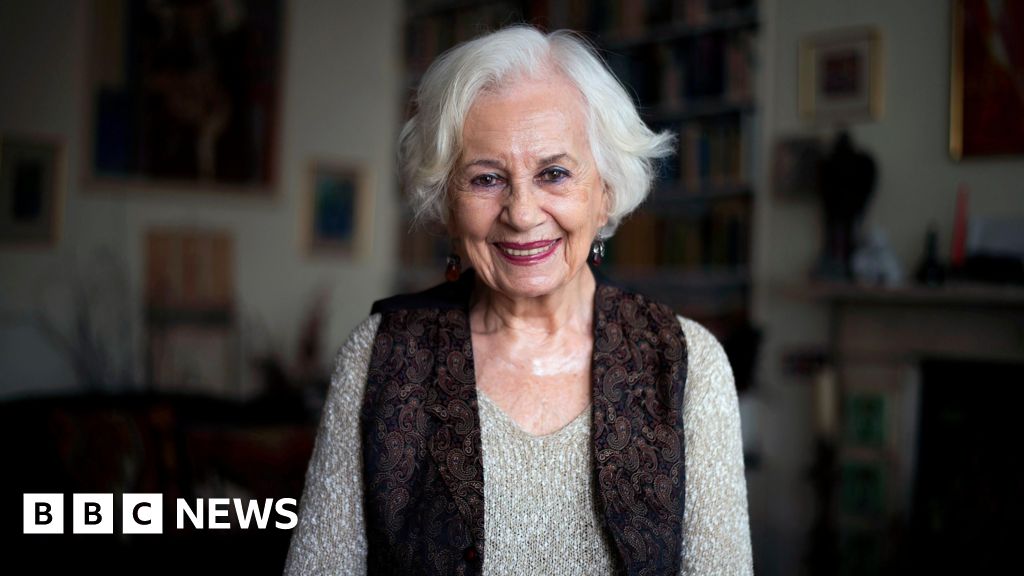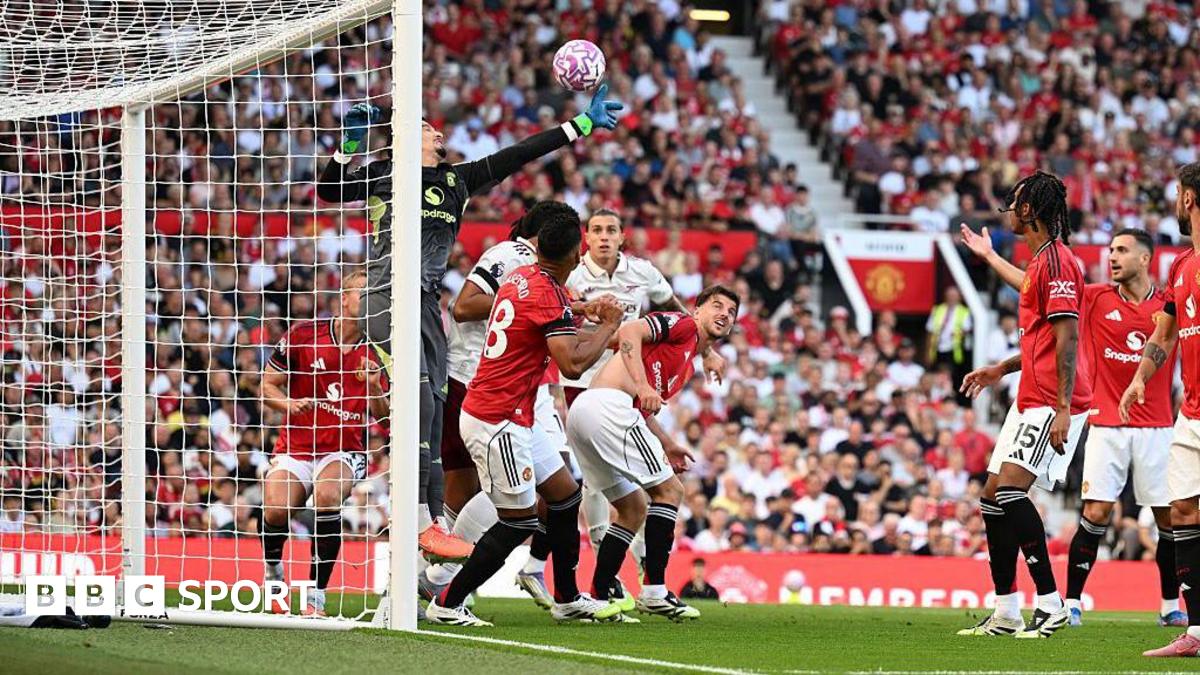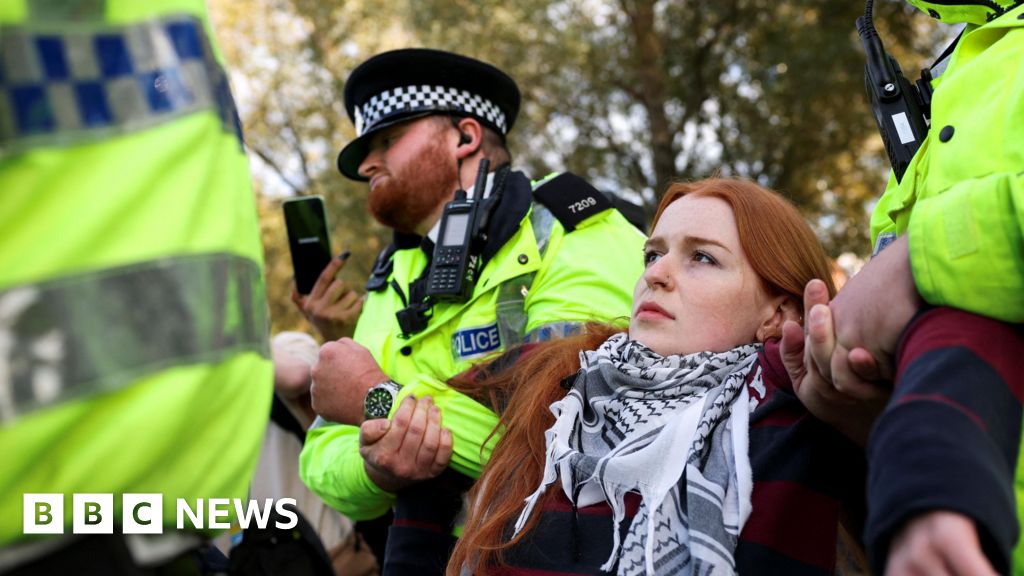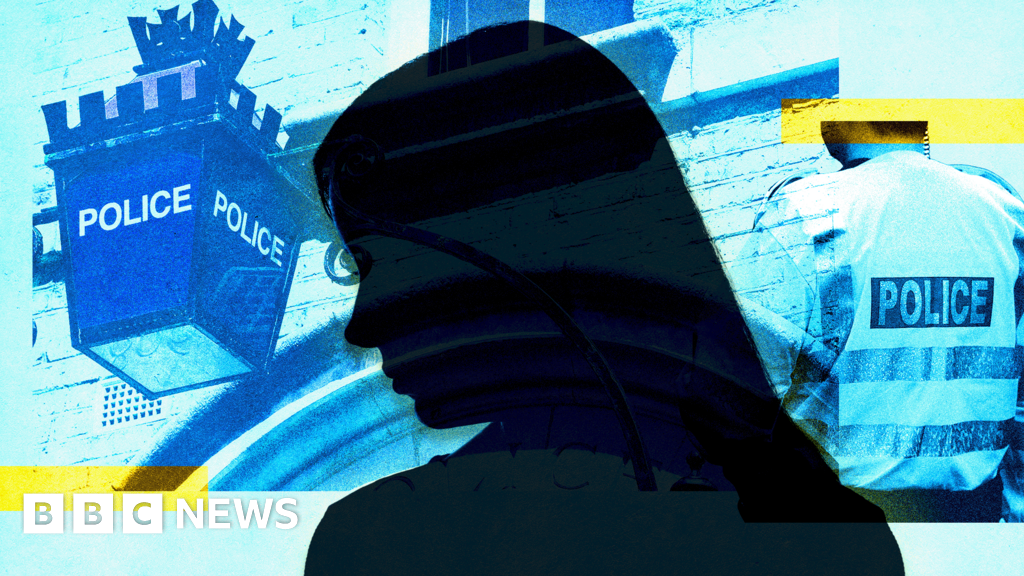Damian GrammaticasPolitical correspondent and Paul SeddonPolitical reporter

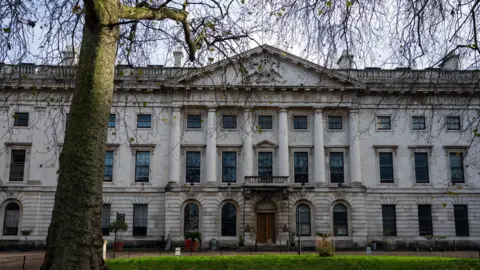 Getty Images
Getty Images
The proposed new embassy at Royal Mint Court would be the biggest in Europe if it goes ahead
A decision on whether to approve China's application for a new super-embassy in London has been delayed again by the government.
Housing Secretary Steve Reed had been due to rule on the application by 21 October, but the deadline has been pushed back to 10 December.
It is the second time the government has delayed a decision on the controversial site, whose location has sparked concerns it could pose an espionage risk.
A ruling had originally been due by 9 September after ministers took control of the process from Tower Hamlets, the local council, last year.
The government's first delay was requested by Reed's predecessor Angela Rayner, following a request for additional information from China about the plans.
Reed, who took over the housing role following Rayner's resignation last month, has now requested additional time before a final decision needs to be made.
In a letter seen by the BBC, the housing department said more time was needed due to the "detailed nature" of responses from groups involved in the consultation, including China, the Met police and a local residents' association.
China bought the site of the proposed new embassy, at Royal Mint Court, near the Tower of London, for £255m in 2018. At 20,000 square metres, the proposed complex would be the biggest embassy in Europe if it goes ahead.
BBC visited the location where China plans to put its mega-embassy
The pending decision on whether to approve the new embassy was already under close scrutiny because of concerns about the security implications of the plan, including the location, size and design of the building.
The site is close to fibre optic cables carrying communications to and from financial institutions in the City of London. Concerns have been raised that Chinese operatives could use the site to tap into the cables and eavesdrop.
Further questions have been raised in recent weeks about the nature of the threat posed by Beijing, following the collapse of the case against two men accused of spying for China.
The Crown Prosecution Service (CPS) unexpectedly dropped charges against Christopher Cash and Christopher Berry last month, prompting criticism from ministers and MPs. Both men deny the allegations.

 3 months ago
85
3 months ago
85
